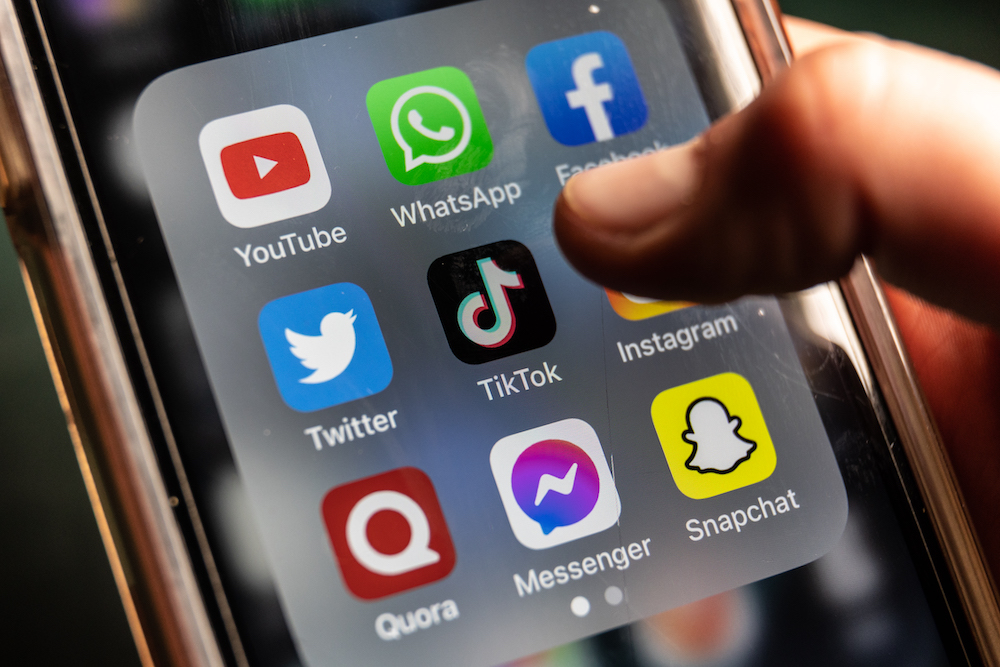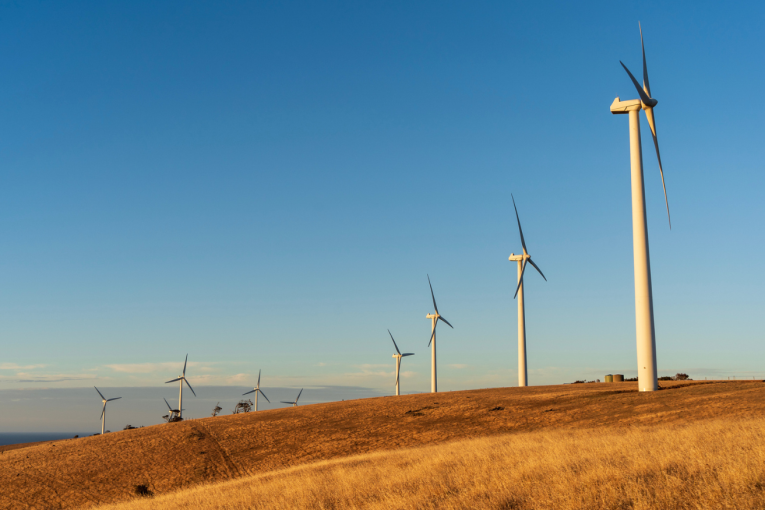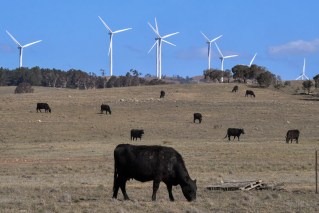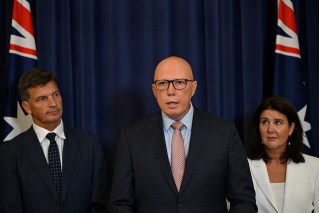Alan Kohler: TikTok should be banned in Australia, not just sold


Australia should ban TikTok like the United States is doing, except we shouldn’t give its Chinese parent, ByteDance, the option of selling the business to locals, as the US is. We should just ban it.
TikTok is a foreign influence operation, not a business.
It’s a bit like the “hive of spies” that ASIO chief Mike Burgess talked about in his 2023 annual threat assessment that was “removed” by ASIO. He didn’t say where they came from, but it was later revealed to be Russia.
China, unlike Russia, is Australia’s largest trading partner, and the reason we should just ban this short-form video application and not give ByteDance the opportunity to sell it, is because TikTok should be unacceptable regardless of who owns it.
There are two related but separate problems with it – the pixel and the algorithm.
The TikTok pixel (also called an HTML code snippet or a tag) is a container for software code that is placed on a user’s screen whether they download the app, look at a TikTok video or visit the website.
Website operators generally are starting to replace cookies with pixels because they hold more code and are more powerful, but ByteDance was an early, enthusiastic adopter of this technology.
Its first product was a news app called Toutiao, and while other social media apps like Facebook and Instagram evolved gradually into using algorithms and tracking cookies, Toutiao and TikTok were all about the algorithm and the pixel from the start.
If someone looks at a video, the pixel hides in a folder on the phone or computer and stays active. If the person visits the website, the page is cached on the device and also stays active. When a person with a hidden pixel visits other websites, it tracks them all over the web, and if they download the app, they are definitely fair game – the pixel collects everything the phone does.
TikTok says this is a ‘secret weapon’ for advertisers, but it is far more than that.
All seeing, all knowing
All social media collect web browsing data on their users for advertisers to better target their ads, and while TikTok does that, it also gathers email addresses, phone numbers, locations, the destination of phone and video calls, the device’s metadata and more. All this data is stored on its own servers, somewhere.
It is like a listening bug in the person’s home, as well as a GPS tag in their car without their knowledge or consent. Permission is given in the T&Cs, of course, but no one ever reads them.
ByteDance says it doesn’t share the data with the Chinese government, but no one believes that for a minute. Social media algorithms that are designed to hook users and keep them engaged by constantly learning what they like and tailoring content specifically for them. The result is that we’re all constantly looking at our phones.
But as with its pixel, TikTok’s algorithm goes further: It influences.
There have been many damning studies of TikTok’s influencing. Last week, for example the US Office of the Director of National Intelligence released a report alleging that “TikTok accounts run by a PRC (People’s Republic of China) propaganda arm reportedly targeted candidates from both political parties during the US midterm election cycle in 2022”.
Right now, TikTok appears to be favouring pro-Hamas videos, and during last year’s Voice referendum campaign in Australia it appeared to favour the No case.
These are treacherous waters for an Australian government that is trying to keep China onside, but not without precedent – in 2018 the Coalition government banned the Chinese telecommunications firm Huawei from providing 5G equipment for similar reasons.
It’s hard for the Chinese government to protest too much without admitting the private company – Huawei or ByteDance – is not arm’s length.
TikTok itself is already on thin ice in Australia: In April last year, the Attorney-General issued a direction banning the use of TikTok on Australian government devices, on “advice from intelligence and security agencies”. And in late December the Office of the Australian Information Commissioner said it was “making inquiries relating to TikTok’s handling of personal information following the findings made by the UK Information Commissioner’s Office in its investigation into the company”, and was also “making inquiries following recent information which alleges data scraping in regard to TikTok’s practices in order to determine whether to investigate”.
The OAIC told me that this involved sending a “please explain” letter to TikTok and that the inquiry is ongoing.
But when asked last week whether his government was planning to follow the US House of Representatives action in banning TikTok if it is not sold within six months, PM Anthony Albanese said there were no plans to do that.

Among social media platforms, TikTok is unique. Photo: Getty
That’s understandable. The US bill uses the term “foreign adversary” a dozen times in referring to China (without actually naming it) and in fact the bill is actually called the “Protecting Americans from Foreign Adversary Controlled Applications Act’’.
Passing a law that describes our largest trading partner as a foreign adversary would be a gutsy move by an Australian government, as the Chinese have shown after far smaller insults in the past.
And it’s not necessary: TikTok should just be banned in Australia for privacy and security reasons as an outcome of the OAIC’s investigation, not because its parent company is part of a “foreign adversary”.
When the US bill passes the Senate and is signed by President Biden, which are both likely, it will probably result in the sale of the American operations of TikTok to a local buyer prepared to keep it as part of the global TikTok operation, with the same pixel and the same algorithm.
In fact, it would have to remain part of the global network for it or the rest of TikTok to have much value.
An outsized proportion of the 34 million videos uploaded to TikTok each day come from America. If it were shut down, there would be a big drop in the number, and probably quality, of videos being served by TikTok’s algorithms to the rest of the world, including 8.5 million Australians.
Any other short-form video platforms that stepped in to fill the gap in America, like Instagram Reels, would quickly pick up TikTok’s global users as well, you would think, and TikTok as a whole would become worthless, and worse than that – useless.
So ByteDance, and the Chinese Communist Party, would be keen to keep it going outside the US and retain access to the pixels inside phones in other countries, including Australia. A friendly sale in the US to satisfy the anti-China forces would be ideal.
But the Albanese government should tell ByteDance to keep its pixels and its algorithms out of Australia entirely, while making sure our own companies keep selling $20 billion worth of stuff a month to the People’s Republic of China.
Alan Kohler writes twice a week for The New Daily. He is finance presenter on the ABC News and also writes for Intelligent Investor








